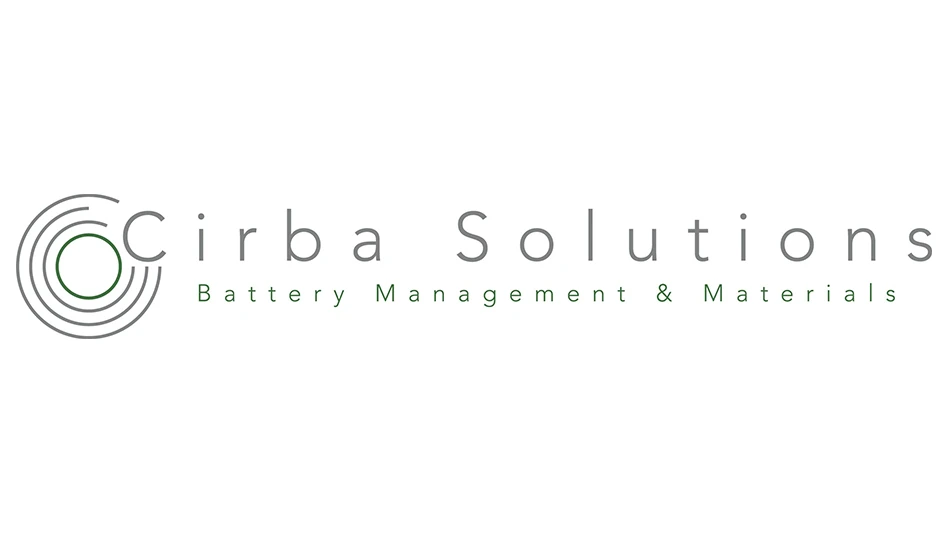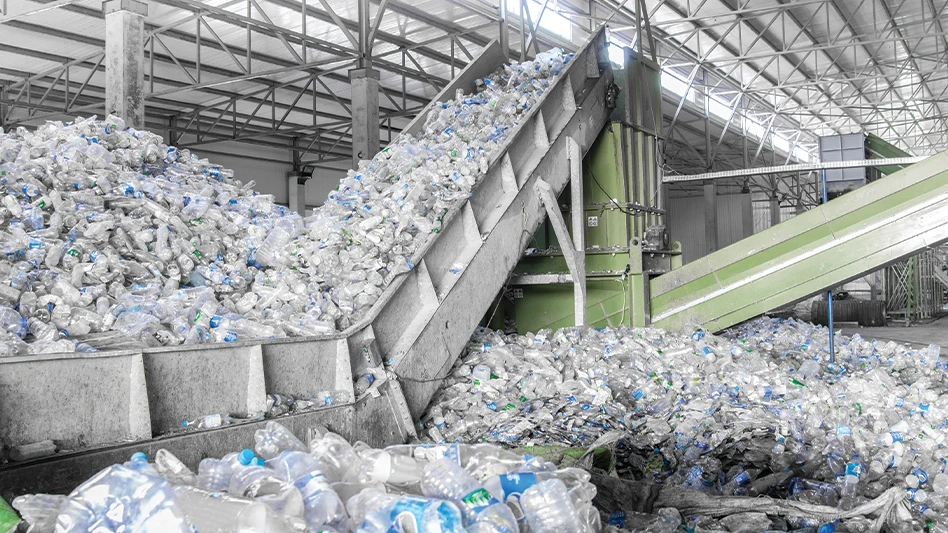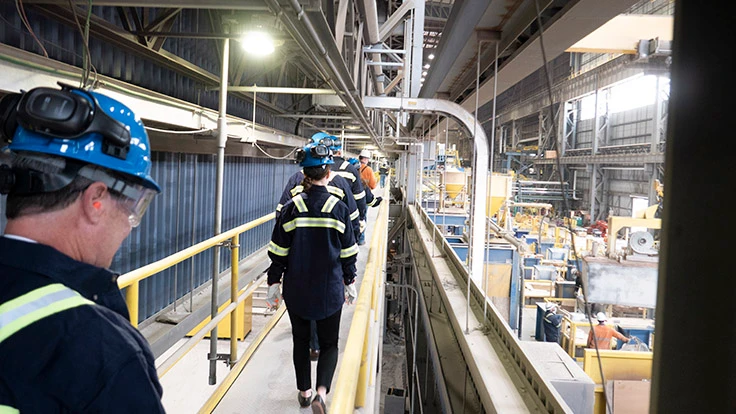
Photo courtesy of Connecticut Metal Industries
Ansonia, Connecticut-based Connecticut Metal Industries says it has now recycled more than 100 million pounds (50,000 tons) of flexible packaging materials at its Ansonia facility.
This plant, which opened in 2010, was set up to recover foil, paper and polymer laminates used in the food, pharmaceutical and cosmetics industries.
“Our company began 38 years ago by recycling rigid containers,” says Mary Vulcano, a vice president with the firm. “As flexible packaging made rapid inroads into these markets, we decided to also recycle flexible materials.”
Initially, Connecticut Metal focused on aluminum foil laminates. The company says it developed a proprietary process that separates aluminum from the paper and plastic substrates. Connecticut Metal soon became what it calls “a major consumer of foil lidding, laminate pouch materials as well as printed and uncoated aluminum foil scrap.”
In the previous 10 years, Connecticut Metal has expanded to encompass the processing of printed and unprinted paper, plastic laminates and tapes. Metal containers from the beverage and aerosol can industries still comprise a major part of its recyclable feedstock, adds the firm.
Connecticut Metal says it remains committed to working with the rapidly developing flexible packaging industry. States the firm to prospective customers on its website, “By recycling your aluminum foil laminate scrap we can help you attain a zero waste footprint for your manufacturing facility.”
Latest from Recycling Today
- McNeilus names Haaker Equipment first Dealer Partner of the Year
- NWRA, SWANA issue responses to BLS fatality data
- ReMA board to consider additional nonferrous specification
- Princeton NuEnergy appoints president, chief financial officer
- Trucks & Parts names president
- Ferrous scrap supply squeeze said to have peaked
- Outokumpu loses money in 2025
- CEPI says recycled paper consumption declined in Europe in 2025





